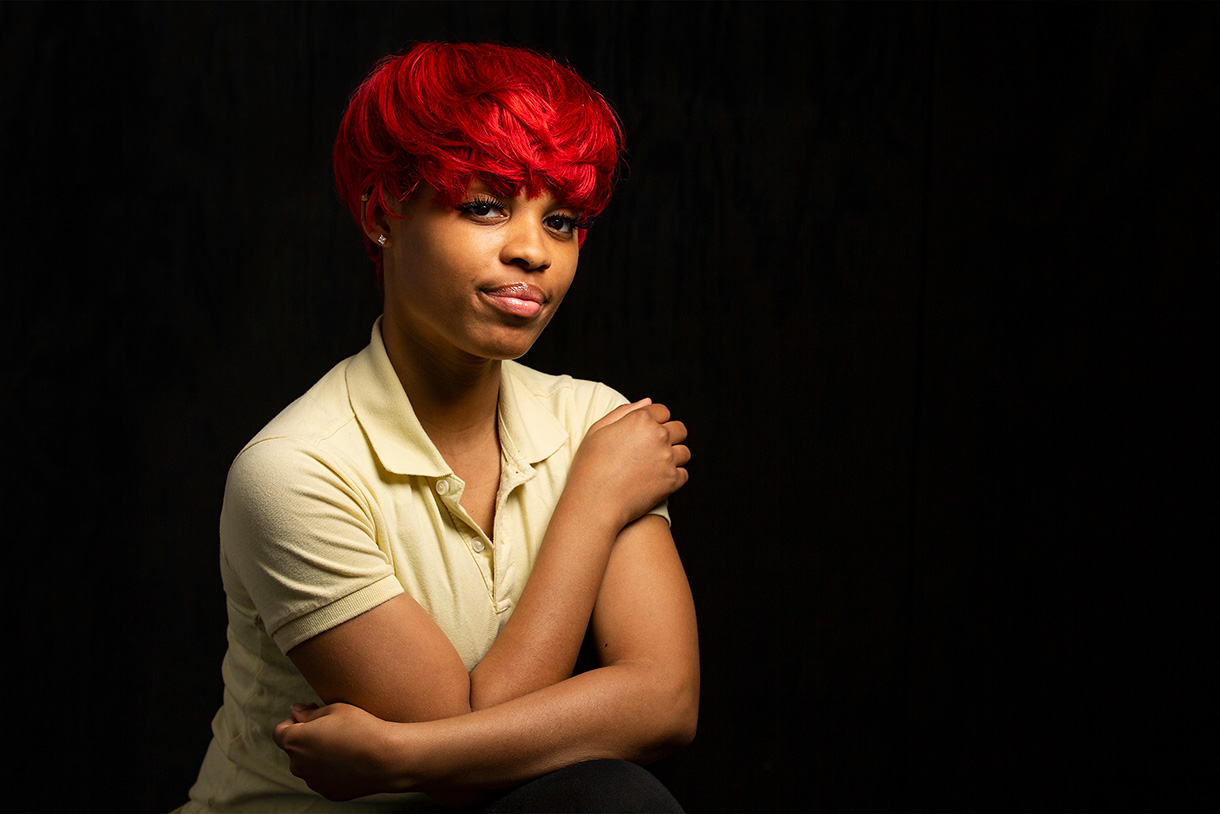Keturah Otunda Travis
Dance (BFA) '21
What would you say has been the most surprising thing you learned at Columbia?
I would say the most surprising thing I’ve learned at Columbia is how different the curriculum is from other schools, including the general education classes. I would describe the curriculum at Columbia as very hands-on and up-to-date with current societal events. In the dance program, the curriculum isn’t just about learning a dance technique, but about the redefining of what it means to be a dancer and applying our skills in different spaces throughout life. When I would come in contact with students outside of Columbia in the same type of program, they wouldn’t have anything close to what our program offers, like the ability to teach a freshman class, or take master classes from visiting performing companies.
What experiences or courses at Columbia do you feel have been most beneficial?
I feel there are so many experiences I could talk about that have been beneficial to me in my time at Columbia. Shockingly, the general education curriculum I’ve taken over the years had been so relatable for me to the dance program at the time I was taking it. I took some courses called History of the Caribbean, Caribbean Literature, Art, and Music, and Natural Disasters. All of those classes encouraged students to incorporate their individual studies to what we’ve learned in that class in the final projects. What I appreciated most from these classes was that it was a way to challenge my creativity. It also showed me that you can link any topic to what you are studying. For example, in the natural disasters class, I created a short video presentation of what a tornado forming would look like in many individual bodies at once. With the help of the contact improvisation class I was taking at the time, we were able to naturally create that tornado effect while still carrying out the content we were learning in that class. Moments like those help you step outside your normal frame of thinking and force you to create art you’ve probably never thought to explore.
What are your plans for after graduation?
Essentially, I always see myself as a student and want to put myself in spaces that help me grow. After graduating, my first plans are to continue my dance training by travelling between Chicago, Atlanta, and New York to get my feet into different styles of dance and the commercial scene. I plan to get gigs from auditioning and networking with artists I meet while in training, to create a name for myself. With all the insight I’ll acquire, down the road I plan to establish my own brand that incorporates all my artistic love interests like dance, fashion, and film. My end goal is to be able to give artists a place they can call home where they’ll have access to space to showcase their work while also giving the community access to learn these creative skills.
Do you have any advice for current students?
TAKE THAT CLASS! Even if the class does not align specifically with your degree, I encourage all current students to take the class they have a wonder for. It can surprise you down the road and could come in handy at any point. Another word of advice would be to take advantage of the resources available and make the resources that are not available to you. It just takes you asking and working with your deans or professors to make things happen for yourself. Remember that Columbia is there to provide you with what you need to carry out your dreams and professions. If you don’t take advantage of your resources, question how bad you want the life you envision for yourself. Talking to your professors and even making connections with your peers will go a long way.
If you were going to sum up your experience at Columbia in one sentence, what would you say?
My experience at Columbia was always on the move, no pun intended. As an intellectual artist, my dreams constantly are in motion, in which Columbia fed me the experiences I needed in order to continue that movement afterwards.










